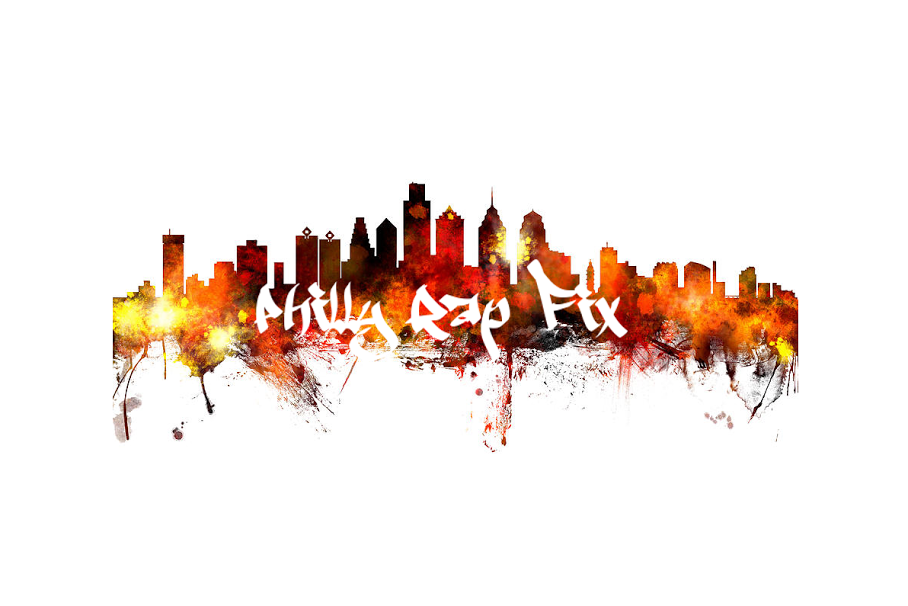ART MEMO: Proto-Punk Band Death
Follow WHIP Twitter Facebook Instagram
WRITTEN BY: Savannah Arnold
Founded in 1971 in Detroit by three brothers, Death was only together for six years: making about an album’s worth of songs (Lange, 2013). There was David Hackney on guitar, Dannis Hackney on drums, and Bobby Hackney on bass and performing vocals (Lange, 2013). Death’s music is angsty, fast-paced, and political in nature. They redefined stereotypes of what kind of music that African-American musicians were expected to make by pioneering a proto-punk sound.
The brother’s first band was called Rock Fire Funk Express, as they weren’t sure if they wanted to go for a rock or funk sound (Lange, 2013). They were inspired by musicians like Jimi Hendrix and The Who, while still trying to fit into the Motown sound. As they were black musicians, a certain expectation was placed on them by society to make music that was acceptable for the masses in the form of funk or soul (Lange, 2013).
But their name changed when their father was killed by a drunk driver (Lange, 2013). They named themselves Death. The leader of the brothers David said he “wanted to put a positive spin on death, that it’s like birth” (Lange, 2013). This inspired their change in genre, to what can only be called punk.
The hegemony of the time dictated that black musicians should play a certain type of music. Hegemony refers to the societal influences in which a dominant group has “total social authority” over the nondominant group; ultimately dictating what is the status quo (Hebdige, 1979, p. 16). Hegemony does not function as a fixed set of rules, but rather as a “moving equilibrium” (Hebdige, 1979, p. 16). There will always be a contested force that questions and shifts the nature of what is acceptable.
Death proved to be this very contesting force. They were strict in sticking to their ideals as a new driver of rock & roll. Even though their name made people uncomfortable, they were going to stick with it. Death even had to turn down a record deal simply because of their name; Groovesville’s Don Davis would sign the band if they changed their name, but David Hackney refused (Rubin, 2009). This proves how committed Death was to their ethos of going against the status quo.
But there is much more to Death than the history of how they were formed and who they came to be; their music very much speaks for themselves.
Death’s song “Politicians in My Eyes” sums up their punk ethos, their problems with the establishment, and their proto-punk sound. The song is very fast-paced, and sounds fed up. The guitar is very apparent; the vocals are fast and jarring at times. The chorus of the song goes “Politicians in my eyes / They could care less about you / They could care less about me … They’re always wearing false smiles / I guess it goes with the style,” showcasing their questioning of authority (Hackney, 2009, track 7). Death was not afraid to be extremely critical about politicians and the establishment, and unabashedly showed their disdain. They express how they feel like politicians don’t really care about anyone other than themselves and are just putting on a show to hold their power.
One could say that this was the framework for the association of anarchy in punk music. As Noam Chomsky states, “anarchism has nothing to do with bomb-throwing mayhem” (2014). Rather, anarchism is the belief that “any form of authority and domination has a burden of proof to bear; it has to demonstrate that it is legitimate… If it shows that it’s legitimate, okay; if not, it ought to be dismantled” (2014). This definition of anarchism clearly showcases Death’s ties to the belief. They did not waver in their questioning of authority, deeming that it has yet to prove its legitimacy. They were unafraid to call out this abuse of power; a founding matter of punk music.
Additionally, Death’s “Politician in My Eyes” encapsulates the type of disenfranchisement that people of color face in the political landscape. Other lyrics in the song state “Always tryin’ to be slick when they tell us the lies / They’re responsible for sending young men to die / We have waited so long for someone to come along / And correct our country’s law / But the wait’s been too long,” which takes an anti-war approach and a call for change (Hackney, 2009, track 7). They are very much aware of the class struggle that comes with war, with lower class people are sent off to fight a rich man’s war. However, the last few lyrics inspire their listeners to take action and demand better for themselves and the country. Death set the framework for punk that questions authority and calls for change.
In 2008, Death’s original pressed records were selling for $1,000 on eBay (Lange, 2013). Death’s revival garnered a newfound appreciation for the music, with people remarking how ahead of their time they were, both in terms of their sound and their vision; they are now recognized for being punk before it was punk.
References
Chomskysphilosophy (Director). (2014, September 25). Noam Chomsky – Anarchism I [Video file]. Retrieved March 07, 2021, from https://www.youtube.com/watch?v=7_Bv2MKY7uI
Hackney, B. (209). Politicians in My Eyes [Recorded by Death] On …For the Whole World to See [MP3 File]. Detroit, Michigan: Drag City.
Hebdige, D. (1979). Subculture: The Meaning of Style. London: Routledge.
Lange, M. (2013, June 27). Detroit, Punk, and A Band Called Death. Retrieved March 07, 2021, from https://web.archive.org/web/20150412223804/http://gawker.com/detroit-punk-and-a-band-called-death-597915526
Rubin, M. (2009, March 13). This Band Was Punk Before Punk Was Punk. Retrieved March 07, 2021, from https://www.nytimes.com/2009/03/15/arts/music/15rubi.html




